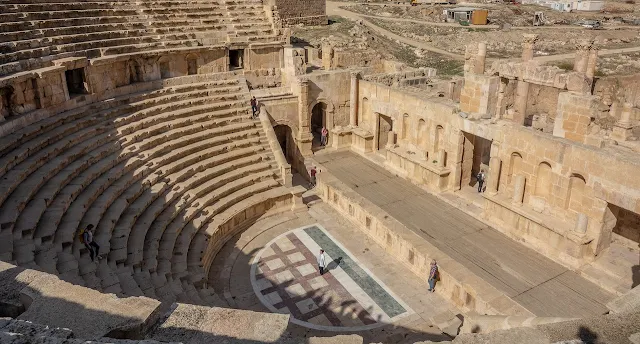 |
| Photo by Mike van Schoonderwalt on Pexels |
Biological evolution and cultural evolution are two separate processes that have shaped the development of life on earth. While biological evolution refers to the change in the inherited characteristics of biological populations over successive generations, cultural evolution refers to the change in the learned behaviors and ideas of a society or culture over time.
Biological evolution is
driven by natural selection, which is the process by which certain traits or
characteristics are passed down from one generation to the next because they
help an organism survive and reproduce. These traits may be physical, such as
the coloration of a peacock's feathers or the shape of a beaver's teeth, or
behavioral, such as the ability of a bird to sing complex songs or the ability
of a mammal to use tools.
Over time, natural
selection can lead to the development of new species as populations evolve to
adapt to their environments. For example, the ancestors of modern whales
evolved from land-dwelling mammals over millions of years, developing the
ability to swim and breathe underwater as they adapted to life in the ocean.
Cultural evolution, on the
other hand, refers to the change in the learned behaviors and ideas of a
society or culture over time. This can include changes in language, technology,
social norms, and cultural practices. Unlike biological evolution, which is
driven by natural selection, cultural evolution is driven by the spread of
ideas and behaviors through social learning and cultural transmission.
For example, the invention
of the wheel revolutionized transportation and had a major impact on the
development of human society. The use of fire for cooking and heat also had a
major impact on the evolution of human culture, allowing for the development of
more complex societies and the ability to live in a wider range of
environments.
Both biological evolution
and cultural evolution have played important roles in shaping the development
of life on earth. While biological evolution has led to the diversity of life
we see today, cultural evolution has allowed human societies to adapt and
thrive in a changing world.
Wait Until Get The Code 25 Sec



